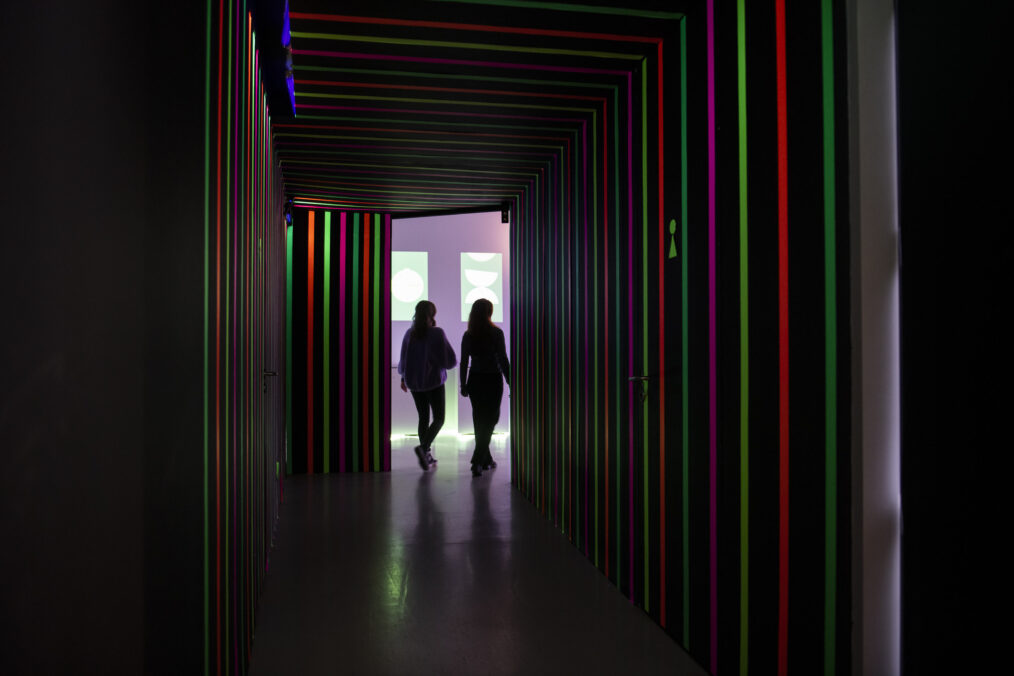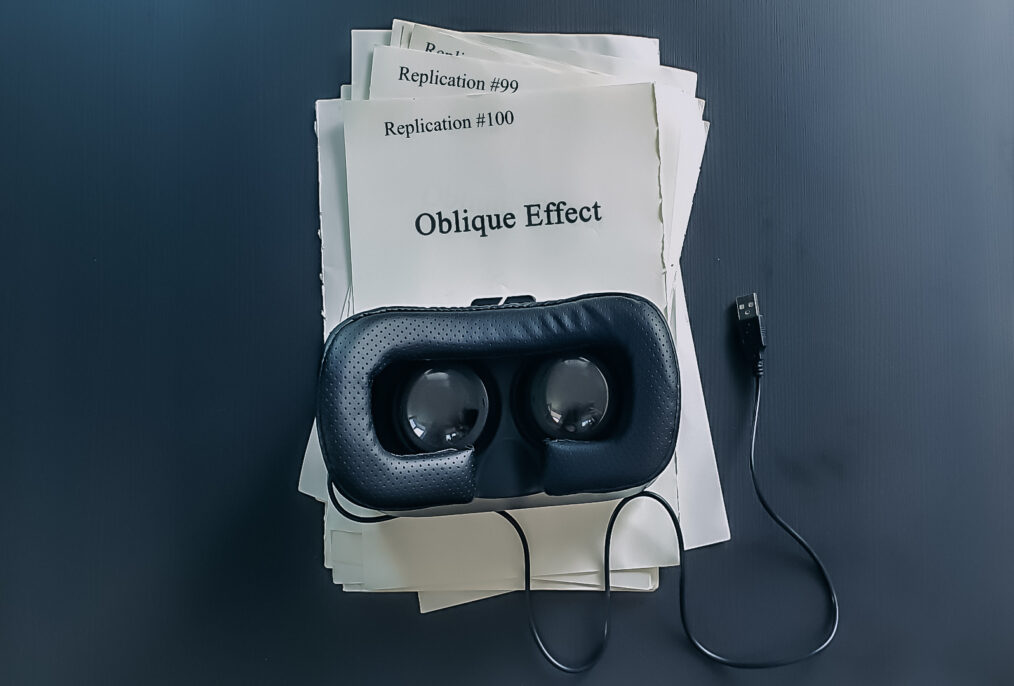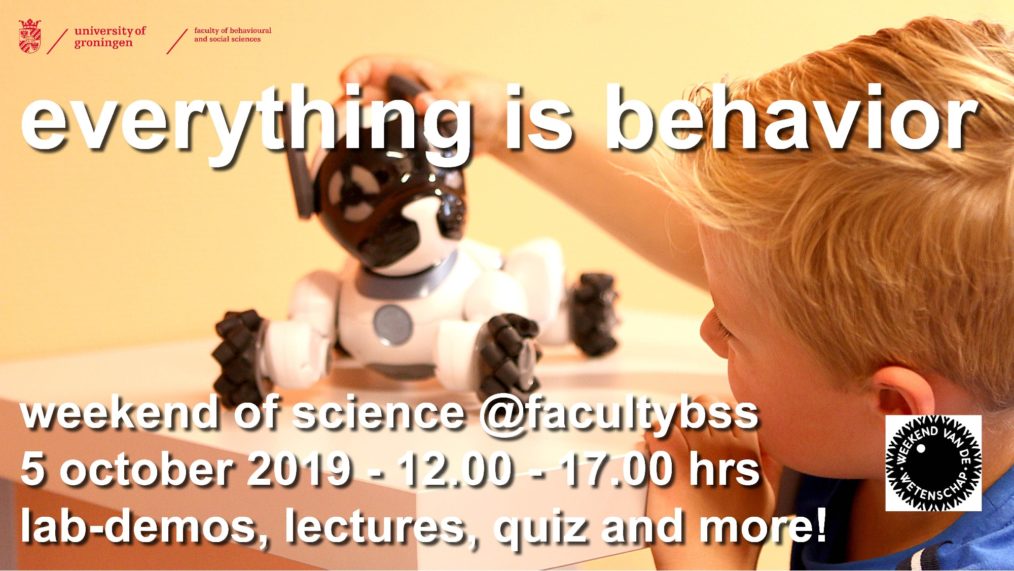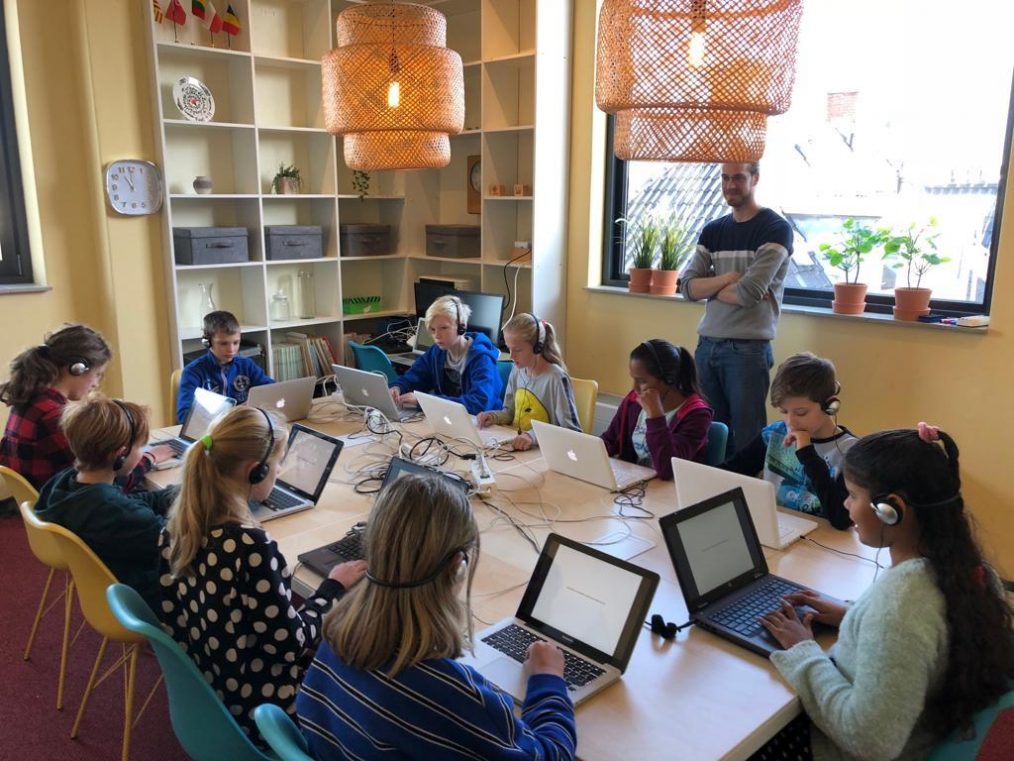Learning helps us cope with changes in our surroundings, and also find the best neighborhood ice cream parlor. Yet, it usually becomes harder as we get older. Thankfully, scientific findings show that it doesn’t always have to be that way.
Academics should get out from their ‘Ivory Tower’, and invest more into bringing research to the public. Certainly, this critique is a sting felt by those working in cognitive neuroscience: the majority of our field relies on data acquired with repetitive, highly controlled experimental setups. These allow researchers to test fundamental models of how human […]
Neuropsychological research suggests that people do not all experience and memorize colors in the same way. One person’s ‘red’ could be another person’s entirely different color. In this post, Diana Wagner explores the implications of recent research on visual perception.
Recently, we studied the neural basis of medical reasoning. Based on the results, we challenge the popular concept of dual-process reasoning and propose a more integrative dynamic view. To that end, the old concept of ‘schematic-anticipation’ deserves a revival and we suggest that this may be backed by modern neuroscience.
Experiments have confirmed our visual preference for certain orientations numerous times. But have they all missed a very important aspect? This post investigates if the visual environment has an effect on the tasks during these experiments – and what such a finding would tell us about the how replications us as researchers.
On October 5th 2019, the Faculty opens her doors to showcase her ongoing research, during the national Weekend of Science. Everyone’s invited: neighbors, employees, students, family, friends, etcetera. The title of this year’s edition is “Everything is behavior” (“Alles is Gedrag”).
Communicating science to children can be quite challenging. To teach kids about our time perception research, our lab developed a lecture for kids from group 8 of primary school. Prior to their visit to the lecture, we dropped by their school to let them participate in a timing experiment.
Do you like chocolate? Don’t feel guilty: a vast majority of people would probably say yes. The popularity of chocolate is indeed easy to understand, if only because it is typically quite sweet, a taste we have evolved to prefer from the times when our ancestors roamed the wild, looking for ripe fruits to eat. […]
The use of resit exams in higher education is relatively unique to the Netherlands. Their use stems from the idea that all students can pass any given course, some students just need more examination chances to do so. Recently, resit exams received negative attention in the University Newspaper (UK) of the University of Groningen. A […]
Are you reading this on your smartphone? And is it dark outside? Then, if you care about a good night’s sleep, you really shouldn’t be reading this. But wait, don’t put your phone away just yet! You want to know why you shouldn’t be reading this, don’t you? There are many reasons why using a […]










